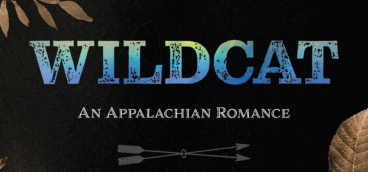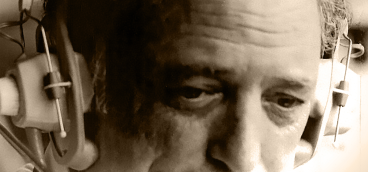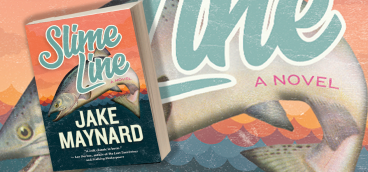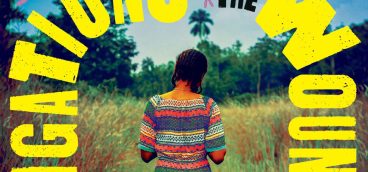Flick’s Rough and Tough Feminism Fits Pittsburgh
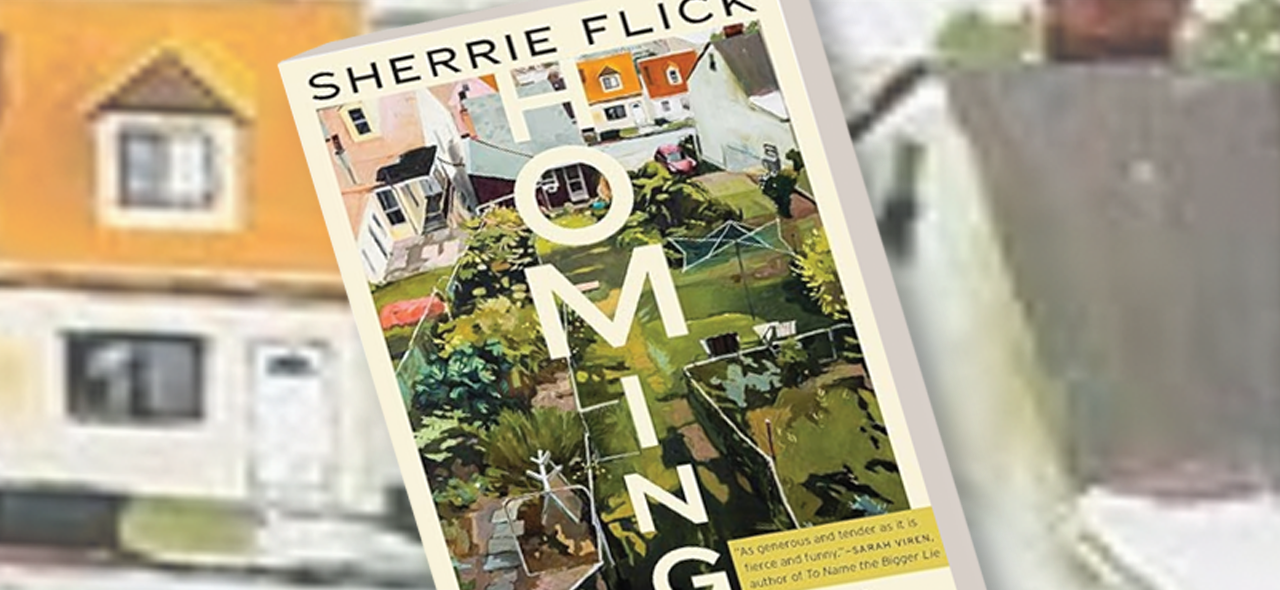
Though the dictionary definition of feminism — “the belief in social, economic, and political equality of the sexes,” — remains elusive, Sherrie Flick, author of the autobiographical essay collection Homing: Instincts of a Rustbelt Feminist, offers a more regional take in her essay “Instincts.”
“Yet Western Pennsylvania is where my own particular feminism took root, a philosophy not based in academic theory or intellectualism. My autonomy arose from toughness of place. Outside of my quiet family home boomed a loud-talking world where people yelled good-natured banter across a room, where the lived experience was external and in my face. My ideas, formed by the aggressive nature of the communication around me, turned into a kind of everyday, homemade feminism that assumed women were strong and didn’t take any shit.”
If no-punches-pulled writing is your style, look no further. Flick, a senior lecturer in the Master of Fine Arts and Food Studies programs at Chatham University, puts her experiences, including as an avid gardener and onetime professional baker, to good use. In Homing…, she leans on these topics, as well as a wide range of others, to great effect, at once amplifying her authenticity as a proud member of Gen X while showcasing a sturdy sense of insight and awareness toward those in her orbit. While her brand of feminism remains an undercurrent in these essays, didactic they are not. In fact, an appreciation for the adventures and relationships she’s had thus far, as well as a clear understanding of what makes this region tick, remain the steady pulse in the collection.
From her home in South Side Slopes, Flick backdrops the moving “Jade Plant” against the claustrophobia of the pandemic. It begins with her newly widower friend Guy playing a virtual concert at his home in Maine to honor the passing of his wife Pam, two people described as “falling into each other” when they found each other in the ’90s. With Pam’s death from cancer and the isolation brought on from the “During Days” of mass contagion, Flick looks for connection. The essay twists and turns its way through the grieving process as Flick begins to hear Frankie Vallie’s “Sherry” at the unlikeliest of times, moments she comes to believe are Pam “manifesting to me.” The piece brilliantly captures the obsessions that came from those dark days of 2020 as she immerses herself in the Taoist-based qigong, a series of breathing and stretching exercises. The jade plant she once gifted Pam looms as an important metaphor in her spiritualistic search for self-healing.
She also displays a knack for softening the edges of her sometimes prickly subjects by finding humanity in the shared experience. Take Waldo, the centerpiece of the big-hearted “All in the Family: Waldo and His Ghosts.” He represents the old traditions, a neighbor and member of the Silent Generation, growing up and dying in the same Holt Street house his great-grandfather built, the “pink house visible from the Birmingham Bridge.” Flick manages to braid a “full kit of pigeons” into scenes that alternate with “All in the Family” employed as a framing device. Waldo, much as she characterizes Pittsburgh, “has a dormant quality — it resists being easily known.”
Perhaps, this is one of the many goals of personal essay and memoir: to reveal and inspire an audience to look closely at the who, what and where of their lives and the writer’s.


